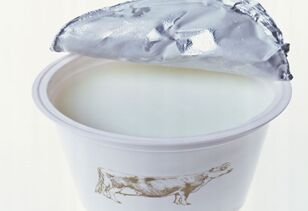促进肠道健康的简单方法
|
1. Think diversity "You need to eat as wide a range of plant-based foods as possible," advises Megan. "I tell people to aim for 30 different plant-based foods a week - that's nuts, seeds, wholegrains, legumes and fruit and vegetables. Research has suggested that if you're having fewer than 10 of these plant-based foods a week, your microbial diversity isn't very strong. Vary the foods you eat from week to week and always be open to trying new things."
2. Fill up on fibre The fibre found in foods such as beans, artichokes, legumes and brussels sprouts contains prebiotics that 'feed' the beneficial bacteria that live in your gut. If you can increase the amount of fibre you eat, it will benefit pretty much every organ in your body, including your heart. "Current Department of Health guidelines recommend we should be eating 30g of fibre a day, but most of us are only eating 19g," says Megan. "I believe we should be aiming even higher. Increase the amount you eat gradually to give your body time to adjust to it." 3. Ferment your foods Include healthy fermented foods in your diet every day. Fermentation involves bacteria or yeast to make foods such as yogurt, kefir (a traditional homemade fermented drink made from milk that contains live bacteria) and kombucha (made from fermented tea, sugar, bacteria and yeast). They generally contain a wide range of different types of bacteria so are believed to be beneficial for the gut microbiome. "Kefir is the one with the most scientific evidence behind it," says Megan. "It has around 20 different types of bacteria and yeast in it, and the diversity is much greater than in yogurt. I drink 100ml kefir a day. You can now buy kits to make kefir - you add milk and leave it on your worktop to ferment for a few hours, then it's ready to drink." 4. Say no to sweetener Although artificial sweeteners can reduce your calorie intake, they may also destroy the diversity of your gut ?microbiome. Clearly, this needs to be weighed up against the need to cut down on sugar. |









